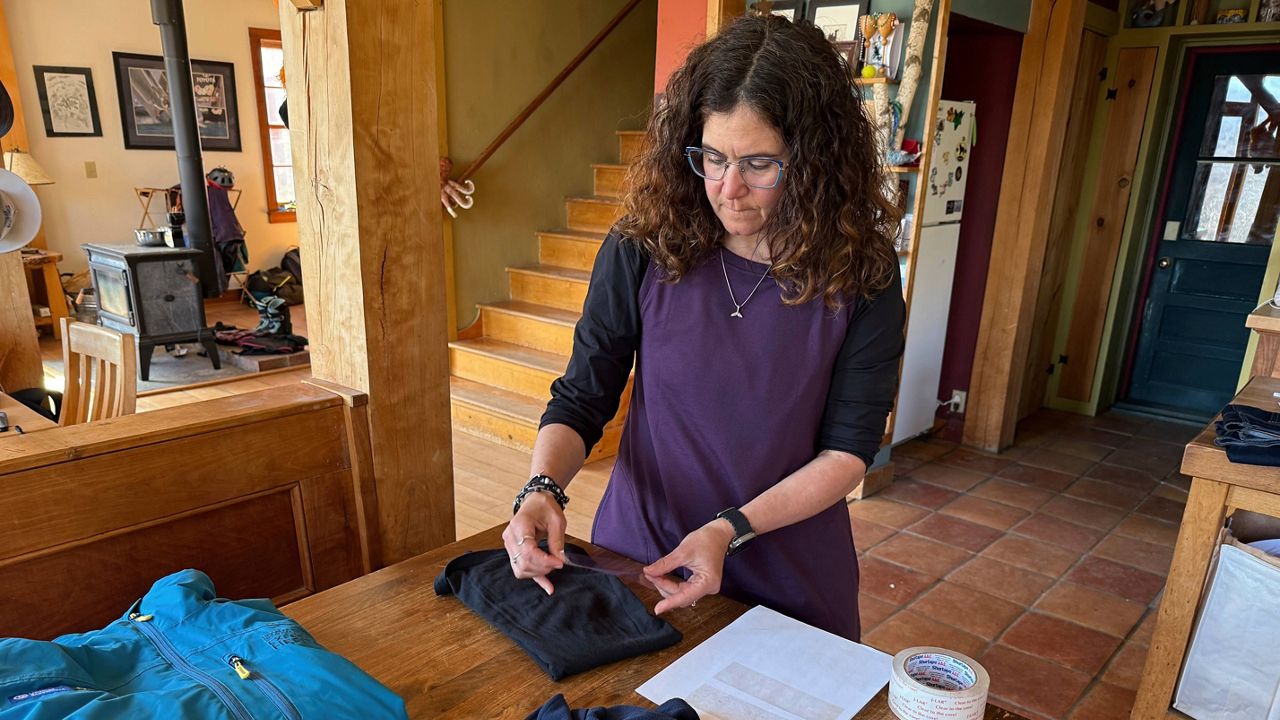SACRAMENTO, Calif. — The median rent in California is 42% higher than the national average.
As Californians deal with high prices and the overall high cost of living in the Golden State, a coalition is leading a campaign for statewide rent control.
What You Need To Know
- The Justice for Renters Act coalition has authored a ballot initiative that will allow local communities to expand rent control
- While the election is still a year away, organizers with the coalition to expand rent control say it has already garnered a lot of support from renters across the state
- Dozens of activists delivered more than 732,000 letters to Gov. Gavin Newsom’s office, urging him to support rent control
- The signature-gathering campaign for the Justice for Renters Act has faced public scrutiny
The Justice for Renters Act coalition has authored a ballot initiative that will allow local communities to expand rent control. The proposition will repeal the Costa-Hawkins Act, which limits local governments from enacting rent control on certain housing units built after 1995.
While the election is still a year away, organizers with the coalition to expand rent control say it has already garnered a lot of support from renters across the state. Carlos Marroquin is one of those renters. The U.S. Army veteran is a renter in La Mirada, who traveled to Sacramento to voice his support for the Justice for Renters Act.
“It’s beyond concerning what’s happening here in California with the rents. It’s just too high,” Marroquin said.
Marroquin lives with his wife, two children and his granddaughter and was one of the dozens of activists who delivered more than 732,000 letters to Gov. Gavin Newsom’s office, urging him to support rent control.
“I don’t want to complain because there are a lot of people that are worse than me, but the fact is everybody is struggling and we need this kind of safety net. Rent control is a safety net,” Marroquin noted.
Newsom has supported rental protection legislation in the past. In 2019, he signed Assembly Bill 1482 into law, which capped annual rent increases on certain rental units for the next 10 years. The bill also created protections for tenants from being evicted.
“People are hurting. The cost of groceries is really high, the cost of gas is really high, people are really struggling and the rent is still going up and people can’t pay for it,” said Susie Shannon, campaign manager for the Justice for Renters Act.
However, enacting statewide rent control has failed in recent elections. California voters have rejected ballot initiatives Proposition 10 in 2018 and Proposition 21 in 2020. Both were rejected by close to 60% of the voters.
Newsom opposed both previous ballot measures, finding them unnecessary and potentially hurting California’s housing market.
Nathan Click, a spokesman for Californians for Responsible Housing, the coalition opposing the rent control initiative provided the following statement for the coalition:
“Californians have twice overwhelmingly rejected this initiative because it will make our affordable housing and homelessness crisis worse. Studies by U.C. Berkeley, Stanford, and University of Southern California all show that extreme price controls on rental units discourage new housing construction and reduce availability of housing. This measure would make rent even more expensive for those looking to find a place to live and push even more Californians into homelessness. It would also eliminate homeowner protections and allow the unelected bureaucrats to tell single-family homeowners how much they can charge to rent out their homes — even if they just want to rent a single room. Mom and pop landlords are already struggling — this would put many of them out of business and into bankruptcy and force others to use their property for other uses than housing.”
The signature-gathering campaign for the Justice for Renters Act has faced public scrutiny. According to a report by Politico, Michael Weinstein, president of the AIDS Healthcare Foundation, paid organizers $2 for every signature they got in support.
Weinstein regularly uses money from the AHF to fund many different ballot campaigns like the Justice for Renter Act. In 2020, For Prop 21, the AHF contributed more than $40 million in support of the campaign.
A coalition of those opposed to him using money meant to help patients receive medical care, have authored a ballot to prevent Weinstein from using AHF funds to fund campaigns not directly related to health care.
Shannon said that while organizers were paid for gathering signatures, no money was given to people for their signatures.
“I don’t know of any other organizing feat where over 700,000 letters have been delivered, so we hope this sends a very strong message to the governor to support renters,” Shannon noted.
As for Marroquin, he is calling on Newsom to support the renters across the state by standing with the Justice for Renters movement and support rent control.
“Everywhere you go in California, people tell you the same thing: Rent is too high, housing is too high, we have to do something about it. He’s got a great opportunity to show is his leadership," he said.
The Justice for Renters Act qualified for the November 2024 ballot. It will now be up to the voters for the third time in six years to decide if rent control should be expanded across the state.
Let Inside the Issues know your thoughts and watch Monday through Friday at 8 and 11 p.m. on Spectrum News 1.










